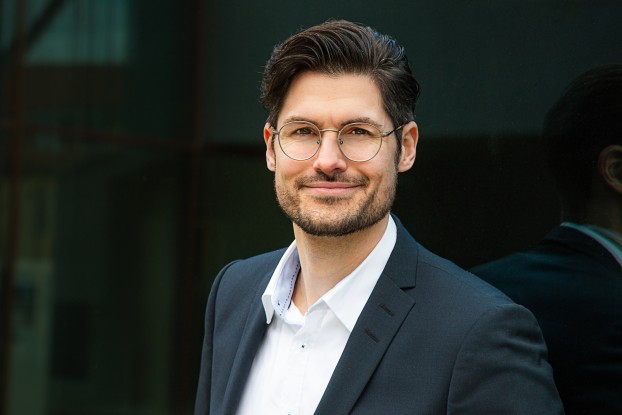In contrast, our team insists on a historical-anthropological perspective, which takes the question of what it means to be human serious. As historian Marc Bloch put it, our focus is on the question of “humans […] in time”. Thus, the assumption of a historical variability of human beings beyond ontological and universalistic findings represents an indispensable premise for a historical anthropology of technology. The historicity and plurality of being human in a technological culture is the main premise of a historical anthropology of technology.
Terms such as man-machine, cyborg, the “prosthesis god” or homo faber, among many other concepts, reveal a lot about the mechanization of human beings in the 20th century. They make it clear that what is meant by “being human” changes according to technological conditions. From the early modern times on, people have been comparing themselves to machines, differentiating themselves from them, merging with them or trying to use them to increase their power. Machines have challenged the human self-image, they mediate practices, perceptions, and actions. Technology is part of the human condition. Technology is a life form.
We investigate human-machine relations in the modern world of work, the history of thinking and decision-making as well as emotions from the perspective of a historical anthropology of technology. The research ranges from early modern times to the present, from the development of mechanical calculating machines and the chess computer to research on artificial intelligence and emotional machines.
Literature:
- Martina Heßler, Techno-Humanity: A Plea for a Historical Anthropology for Technology, in: ICON: Journal of the International Committee for the History of Technology 24, 2018/2019, S. 65-75.
- Martina Heßler, Menschen – Maschinen – MenschMaschinen in Zeit und Raum. Perspektiven einer Historischen Technikanthropologie, in: Martina Heßler/Heike Weber (Hrsg.): Provokationen der Technikgeschichte, Paderborn 2019, S. 35-68
- Martina Heßler/Kevin Liggieri: Technikanthropologie. Handbuch für Wissenschaft und Studium, Baden Baden 2020.



